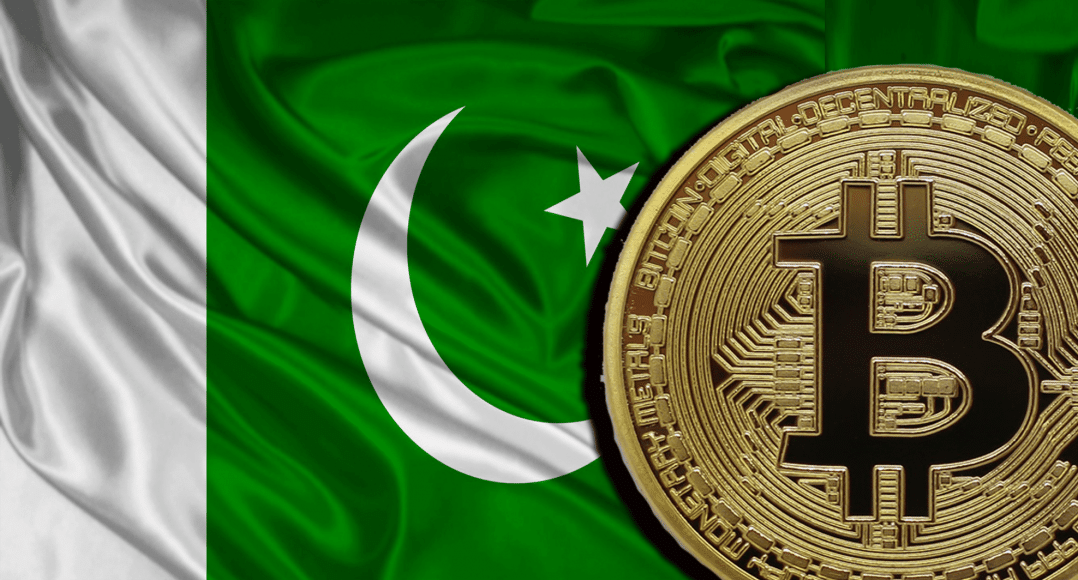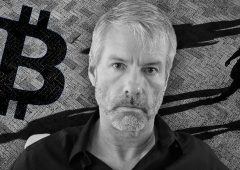Pakistan Bets Big on Bitcoin and AI with Energy, Incentives, and a New Regulator
26.05.2025 15:00 2 min. read Alexander Stefanov
Pakistan is taking a decisive step into the digital economy by unlocking 2,000 megawatts of excess electricity to power Bitcoin mining and artificial intelligence infrastructure.
The initiative, driven by the Pakistan Crypto Council and backed by the Ministry of Finance, aims to transform unused energy into a magnet for foreign capital and tech development.
The first stage will direct surplus energy toward mining and AI clusters, while a second phase will prioritize renewable energy integration. Officials believe this could attract billions in investment and generate thousands of skilled jobs. To accelerate adoption, the government has also rolled out tax incentives for AI firms and duty waivers for crypto miners.
Interest is already picking up. Foreign companies have begun exploring partnerships on the ground, and Pakistan is setting the stage with a regulatory overhaul. A newly endorsed body—the Pakistan Digital Assets Authority—will oversee the country’s growing crypto ecosystem, from exchanges and wallets to tokenized platforms and DeFi tools.
The authority’s role goes beyond licensing. It’s also tasked with monetizing excess energy through regulated mining, developing blockchain solutions at scale, and overseeing tokenization of public assets and debt.
Crypto use in Pakistan is already among the highest globally. The country ranks 9th on Chainalysis’ crypto adoption index and could see over 27 million users by 2025, according to Statista. With a population of 247 million and surging grassroots adoption, Pakistan is rapidly positioning itself as a rising force in crypto and AI.
-
1
Peter Schiff Warns of Dollar Collapse, Questions Bitcoin Scarcity Model
12.07.2025 20:00 1 min. read -
2
Bitcoin Reaches $119,000 Milestone as Corporate Demand and ETF Inflows Rise
13.07.2025 17:45 2 min. read -
3
Bitcoin Price Prediction From Bernstein After the Recent All-Time High
14.07.2025 20:00 1 min. read -
4
Top Crypto Trends Dominating Discussions This Week
15.07.2025 17:30 2 min. read -
5
Ethereum Sparks Altcoin Season as FOMO Shifts Away From Bitcoin
17.07.2025 18:30 2 min. read
Billionaire Ray Dalio Revealed What his Portfolio Says About the Future of mMoney
Billionaire investor Ray Dalio, founder of Bridgewater Associates, has suggested that a balanced investment portfolio should include up to 15% allocation to gold or Bitcoin, though he remains personally more inclined toward the traditional asset.
Where Is The Smart Entry Point For Bitcoin Bulls?
With Bitcoin hovering near $119,000, traders are weighing their next move carefully. The question dominating the market now is simple: Buy the dip or wait for a cleaner setup?
Matrixport Warns of Bitcoin Dip After Hitting This Target
Bitcoin has officially reached the $116,000 milestone, a level previously forecasted by crypto services firm Matrixport using its proprietary seasonal modeling.
Bitcoin Risk Cycle Flips Again as Market Enters Safer Zone
Bitcoin’s market signal has officially shifted back into a low-risk phase, according to a new chart shared by Bitcoin Vector in collaboration with Glassnode and Swissblock.
-
1
Peter Schiff Warns of Dollar Collapse, Questions Bitcoin Scarcity Model
12.07.2025 20:00 1 min. read -
2
Bitcoin Reaches $119,000 Milestone as Corporate Demand and ETF Inflows Rise
13.07.2025 17:45 2 min. read -
3
Bitcoin Price Prediction From Bernstein After the Recent All-Time High
14.07.2025 20:00 1 min. read -
4
Top Crypto Trends Dominating Discussions This Week
15.07.2025 17:30 2 min. read -
5
Ethereum Sparks Altcoin Season as FOMO Shifts Away From Bitcoin
17.07.2025 18:30 2 min. read


